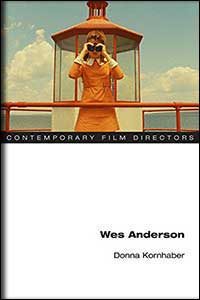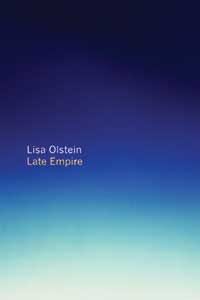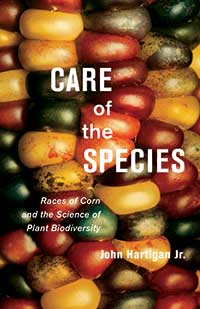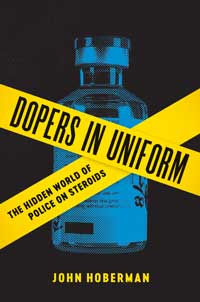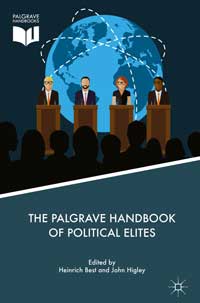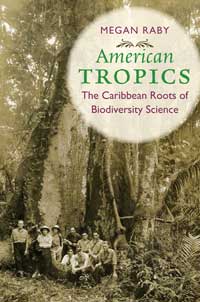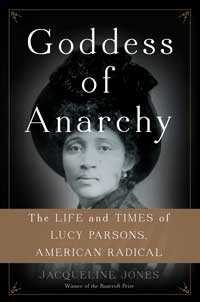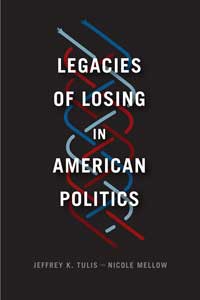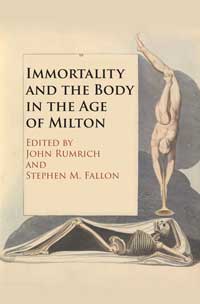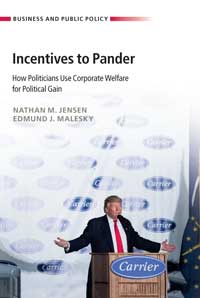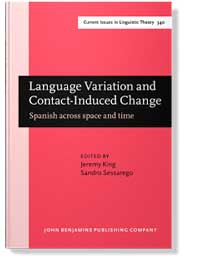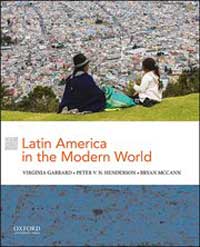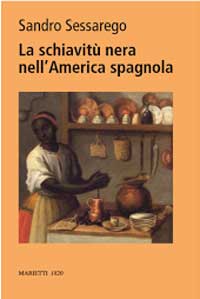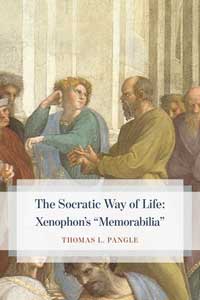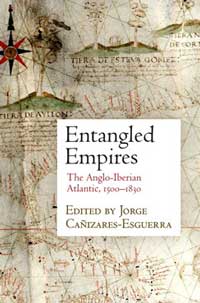Wes Anderson
University of Illinois Press, Sept. 2017
By Donna Kornhaber, associate professor, Department of English
Using filmmaker Wes Anderson’s focus on collecting as its organizing principle, Kornhaber approaches Anderson’s trademark style as the necessary product of the narrative and thematic concerns that define his work. The book covers Anderson’s entire oeuvre and includes an interview with the director.
The Impossible Presidency: The Rise and Fall of America’s Highest Office
Basic Books, Sept. 2017
By Jeremi Suri, professor, Department of History and LBJ School of Public Affairs
Suri traces America’s disenchantment with our recent presidents to the inevitable mismatch between presidential promises and the structural limitations of the office. This book is essential reading for anyone trying to understand America’s fraught political climate.
Late Empire
Copper Canyon Press, Oct. 2017
By Lisa Olstein, associate professor, Department of English
Future-haunted and disaster-veering, Late Empire inhabits the complexities of the present moment. Staked at the troubled intersections of our public and private lives, these intimate and brutal poems expose a dailiness shaped by political absurdity and implicate a language disfigured by persistent war.
Care of the Species: Races of Corn and the Science of Plant Biodiversity
University of Minnesota Press, Oct. 2017
By John Hartigan Jr., professor, Department of Anthropology
Hartigan’s ethnography of biodiversity research introduces readers to labs and gardens in Spain and Mexico where plant scientists grapple with the complexities of evolution and domestication, offering new ways of understanding racial thinking, historically and currently.
Dopers in Uniform: The Hidden World of Police on Steroids
University of Texas Press, Nov. 2017
By John Hoberman, professor, Department of Germanic Studies
Following two previous works on the social impacts of anabolic steroids, Hoberman’s newest title details the scope and significance of the felony use of anabolic steroids in major urban police departments — a factor, he argues, that almost certainly contributes to the excessive violence in American policing.
Under Surveillance: Being Watched in Modern America
University of Texas Press, Nov. 2017
By Randolph Lewis, professor, Department of American Studies
Tackling one of today’s most timely issues from a broad, humanistic perspective, this book explores the emotional, ethical and aesthetic challenges of living under constant surveillance in post-9/11 American society.
The Palgrave Handbook of Political Elites
Edited by Heinrich Best and John Higley, professor emeritus, Departments of Government and Sociology
Palgrave Macmillan, Nov. 2017
This handbook presents a comprehensive view of the current theory and research surrounding political elites, which is now a pivotal subject for academic study and public discourse. In 40 chapters by leading scholars, the handbook focuses on theories about political elites, methods for studying them, their main structural and behavioral patterns worldwide, the differentiation and integration of political elite sectors, elite attributes and resources, and the dilemmas of political elites in this century.
I, Parrot
Catapult, Nov. 2017
By Deb Olin Unferth, associate professor, Department of English; and Elizabeth Haidl
Written by Deb Olin Unferth and illustrated by Elizabeth Haidle, I, Parrot is a graphic novel about a woman who loses custody of her son and will do anything to get him back.
American Tropics: The Caribbean Roots of Biodiversity Science
University of North Carolina Press, Nov. 2017
By Megan Raby, assistant professor, Department of History
American Tropics argues that the key scientific concepts and values embedded in the modern idea of biodiversity have historical roots in fieldwork in the circum-Caribbean. This book examines the emergence of biodiversity research and its relationship to the expansion of U.S. hegemony in the region during the 20th century.
Goddess of Anarchy: The Life and Times of Lucy Parsons, American Radical
Basic Books, Dec. 2017
By Jacqueline Jones, chair and professor, Department of History
Born a slave in Virginia in 1851 and raised in Texas — where she met her future husband, the Haymarket “martyr” Albert Parsons — Lucy Parsons was a fearless advocate of free speech, a champion of the working classes and one of the most prominent figures of African descent of her era.
Legacies of Losing in American Politics
University of Chicago Press, Dec. 2017
By Jeffrey K. Tulis, associate professor, Department of Government; and Nicole Mellow
Tulis and Mellow re-examine the losing side of American history to reveal how defeated candidates, failed presidencies and unpopular social movements eventually achieved success through the very mechanisms that caused their initial failures.
Immortality and the Body in the Age of Milton
Cambridge University Press, Feb. 2018
Edited by John Rumrich, professor, Department of English; and Stephen M. Fallon.
English Ph.D. alumni who contributed chapters to the collection: Greg Chaplin ’01, Greg Foran ’10, Louisa Hall ’14, David Harper ’12 and Dustin D. Stewart ’13.
Seventeenth-century England teemed with speculation about the body and its relation to the soul.
John Milton and contemporaries including John Donne, Margaret Cavendish, Francis Bacon, John Bunyan and Hester Pulter represented embodiment not as a drag on the immaterial soul or a source of embarrassment, but as the basis for heroic striving and the condition of transcendence.
Incentives to Pander: How Politicians Use Corporate Welfare for Political Gain
Cambridge University Press, Feb. 2018
By Nathan M. Jensen, professor, Department of Government; and Edmund J. Malesky
This book provides compelling evidence for the use of fiscal incentives for political gain and shows how such pandering appears to be associated with growing economic inequality. Valuable tax revenues are surrendered, leaving fiscal shortfalls that are filled through regressive sales taxes, police fines and cuts to public education.
The Cambridge History of Latina/o American Literature
Cambridge University Press, Feb. 2018
Edited by John Morán González, professor, Department of English, and director, Center for Mexican American Studies; and Laura Lomas
The Cambridge History of Latina/o American Literature illuminates a tradition defined by migration, annexation and exile rather than by national, territorial or linguistic unity. As a trans-American phenomenon, Latina/o literature spans languages and centuries to highlight the critical creativity of Latina/o people in the face of colonization, annexation and empire.
Language Variation and Contact-Induced Change: Spanish across space and time
John Benjamins, Feb. 2018
Edited by Jeremy King; and Sandro Sessarego, associate professor, Department of Spanish and Portuguese
This collection of original contributions deals with Hispanic contact linguistics. It covers an array of Spanish dialects distributed across North, South and Central America, the Caribbean, the Iberian Peninsula and the Bosporus. The volume addresses and challenges current theoretical assumptions on the nature of language variation and contact-induced change through empirically-based linguistic research.
Latin America in the Modern World
Virginia Garrard, professor, Department of History, and director, LLILAS; Peter V. N. Henderson; and Bryan McCann
Oxford University Press, Feb. 2018
Latin America in the Modern World is the first text to situate the history of Latin America within a wider global narrative. The book focuses on five themes: state formation; the construction of national identity through popular culture and religion; economics and commodities; race, class and gender; and the environment. It emphasizes the distinct experiences of each of the Latin American countries.
La schiavitù nera nell’America spagnola: Legislazione e prassi nel Chocó colombiano del XVIII secolo
Marietti Editore, Feb. 2018
By Sandro Sessarego, associate professor, Department of Spanish and Portuguese
This book offers a comparative analysis of black slavery in the Americas. It compares a number of colonial slavery systems and explains the heterogeneity through a legal approach. The focus lies on Spanish slave law as it contrasted with the legal systems implemented by the other European powers involved in the colonization of the Americas. (In Italian)
The Socratic Way of Life: Xenophon’s “Memorabilia”
University of Chicago Press, Feb. 2018
By Thomas L. Pangle, professor, Department of Government; and co-director, Thomas Jefferson Center for the Study of Core Texts and Ideas
The Socratic Way of Life is the first English-language book-length study of the philosophic teaching of Xenophon’s masterwork. It shows that Xenophon depicts more authentically than does Plato the true teachings and way of life of the citizen philosopher Socrates, founder of political philosophy.
Writing to Change the World: Anna Seghers, Authorship, and International Solidarity in the Twentieth Century
Camden House, Feb. 2018
By Marike Janzen, M.A. ’99 and Ph.D. ’05 Comparative Literature alumna
This book begins to recover the global history of solidarity as a principle of authorship, taking Anna Seghers (1900-1983) as an exemplar and reading her alongside prominent contemporaries. It argues for the continued significance of solidarity both as a model of global authorship and as a framework for analysis of world literature. In doing so, it refocuses attention on global structures of inequality and collective imaginings of a better world.
Entangled Empires: The Anglo-Iberian Atlantic, 1500-1830
University of Pennsylvania Press, Feb. 2018
Edited by Jorge Cañizares-Esguerra, professor, Department of History
According to conventional wisdom, in the 16th century, Spain and Portugal served as a model to the English for how to go about establishing colonies in the New World and Africa. By the 18th century, however, it was Spain and Portugal that aspired to imitate the British. Entangled Empires challenge these long-standing assumptions, exploring how Spain, Britain, and Portugal shaped one another throughout the entire period, from the 16th to the 19th centuries. The essays seek to clarify the processes that rendered the intertwined histories of these colonial worlds invisible, including practices of archival erasure as well as selective memorialization.

